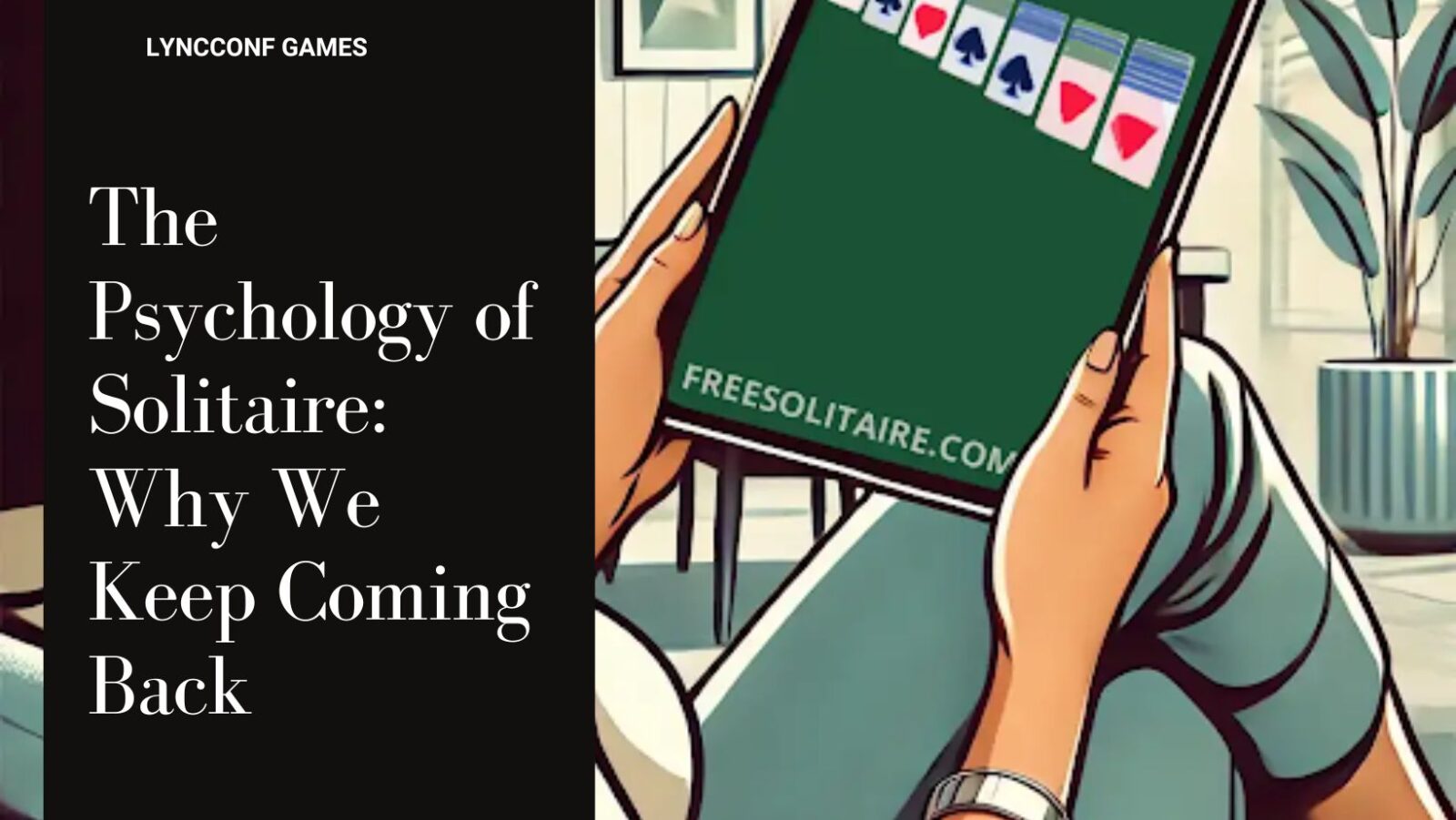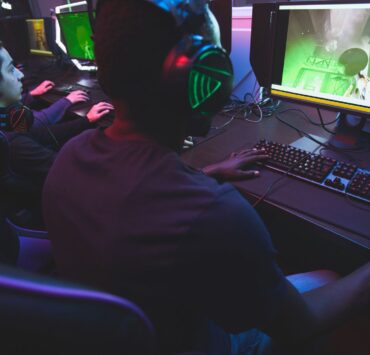Joel is a whiz with computers. When he was just…

Solitaire has been around for centuries, and people never seem to get tired of it. Games like Klondike Solitaire and Freecell have been played on real cards, old-school computers, and now on phones and websites. Stacking cards, clearing the board, and chasing that satisfying win make solitaire hard to put down.
Table of Contents
ToggleA Game That Keeps the Mind Busy
Solitaire keeps the brain engaged without being stressful. Moving cards around, spotting moves, and planning ahead make the mind work just enough to stay focused without feeling overwhelmed. The simple rules are easy to follow, and every game presents a fresh challenge. Unlike some games that require constant teamwork or attention, solitaire is entirely independent, allowing players to make decisions at their own pace.
Beyond engagement, solitaire exercises problem-solving skills. Each game presents a unique setup that requires a strategic approach. Some variations, like Freecell, emphasize logic and careful planning, while Klondike involves a mix of skill and luck. Over time, regular players develop pattern recognition, learning to anticipate moves before they happen, which enhances cognitive flexibility.
The Satisfaction of Solving a Puzzle
Klondike Solitaire, Freecell, and other versions share a common appeal—a goal that feels rewarding. Each move brings the player closer to victory, and when everything falls into place, the sense of achievement is undeniable. Even when a game is lost, there’s always the feeling that the next round might go better. Freecell, for example, offers near-endless winnable deals, turning it into more than just a game of chance—it’s an exercise in strategy and planning.

Many solitaire players enjoy the challenge of improving their win rates or completing games in fewer moves. The presence of digital leaderboards and statistics in modern versions of solitaire enhances this, adding an extra layer of motivation. Even without formal competition, many players strive for personal milestones, whether it’s a streak of wins or mastering a particularly tough variation like Spider Solitaire.
A Quiet Escape
Solitaire doesn’t need flashy graphics, loud sounds, or quick reflexes. It can be played at any pace, making it a great way to take a break from daily stress. There’s no pressure from other players, no competition, and no need to rush. Just cards, logic, and a bit of luck. It’s also one of the few games that doesn’t require constant connectivity, making it a peaceful and distraction-free experience.
Unlike action-packed games that demand rapid responses, solitaire allows for moments of reflection. Players can pause between moves, considering the best approach or simply enjoying the meditative process of arranging the cards. This makes solitaire a unique stress-reliever, especially for those who prefer quiet, solitary activities over social or fast-paced gaming.
Easy to Start, Hard to Stop
Solitaire games are easy to learn but challenging to master. The desire to improve, spot patterns, and make better moves keeps players coming back. Different variations add layers of complexity—Spider Solitaire requires clearing full sequences, while Pyramid Solitaire and TriPeaks mix up traditional mechanics to keep things fresh.
The adaptability of solitaire contributes to its enduring popularity. Whether someone is looking for a simple five-minute distraction or an extended challenge, solitaire accommodates both. This flexibility makes it a game that suits various moods and settings, from a quick game on a lunch break to a longer session on a quiet evening at home.
A Habit That Sticks
Many people first played solitaire on an old computer, a deck of cards, or even a parent’s phone. It becomes familiar, something to return to when there’s a free moment. It’s a go-to game while waiting, unwinding, or passing the time. Unlike games that demand a major time investment, solitaire fits into everyday life, offering quick engagement without long-term commitment.

Another factor that keeps solitaire relevant is nostalgia. For many, solitaire was one of the first digital games they played. It became synonymous with early computing, where it provided entertainment long before smartphones and app stores existed. That familiarity keeps players coming back, even as newer games emerge.
The Solitaire Effect on Work and Life
Solitaire has a long history in the workplace. It’s been banned in offices, blamed for lost productivity, and yet it persists. It’s easy to hide on a computer screen, doesn’t require sound, and doesn’t demand full attention. Short mental breaks, like a quick game of solitaire, can actually improve focus and decision-making. Rather than being purely a distraction, it helps reset and refocus the mind.
Studies on workplace productivity suggest that brief, structured breaks improve efficiency. Solitaire provides a momentary pause from demanding tasks, allowing the mind to reset before returning to work with renewed focus. Instead of being a productivity killer, it can be a tool for managing stress and maintaining mental clarity.
Why Solitaire Endures
Solitaire offers a mental break while keeping the mind active. It provides small victories and brings a sense of order. No matter how many high-tech games come along, solitaire remains a favorite, always waiting for the next player to shuffle the deck and start again.
With its accessibility, challenge, and relaxation, solitaire remains one of the most enduring games of all time. It doesn’t require expensive equipment, a strong internet connection, or another player. Whether played on a touchscreen or with a deck of cards, solitaire continues to be a staple of casual gaming, likely to remain popular for decades to come.
Joel is a whiz with computers. When he was just a youngster, he hacked into the school's computer system and changed all of the grades. He got away with it too - until he was caught by the vice-principal! Joel loves being involved in charities. He volunteers his time at the local soup kitchen and helps out at animal shelters whenever he can. He's a kind-hearted soul who just wants to make the world a better place.






